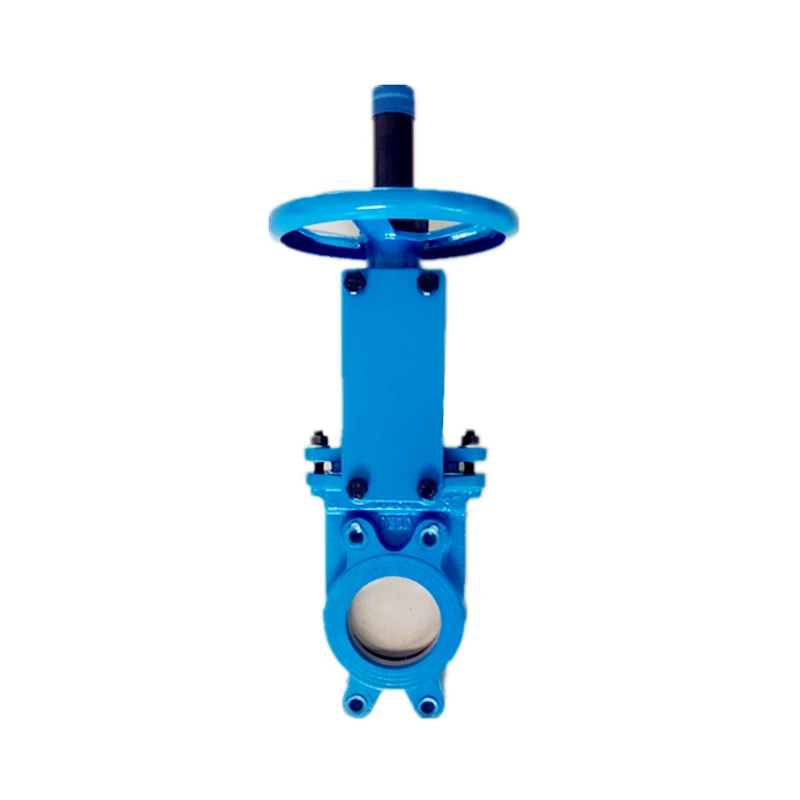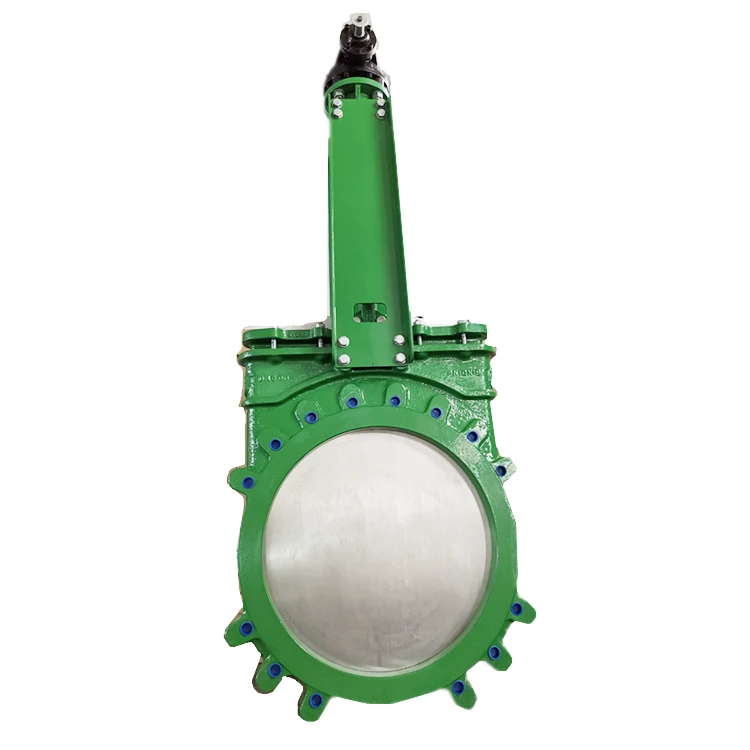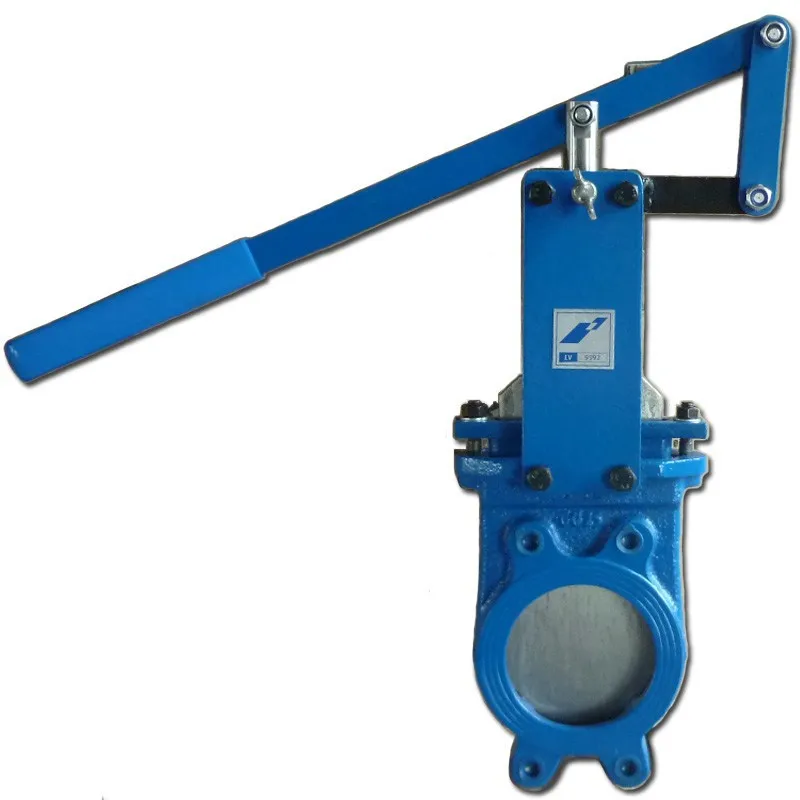Exploring :exact_keywords for Efficient Isolation in Industrial Applications
Key Takeaways
Knife gate valves play a critical role in industrial applications, delivering efficient isolation solutions across various sectors. The bonnetless knife gate valve provides significant advantages in space-constrained environments due to its compact design and simplified operation. This type of valve eliminates the need for a bonnet, making it suitable for applications requiring quick response times and minimal weight without compromising performance. Brass knife gate valves stand out in fluid control systems where corrosion resistance and durability are essential. Their robust construction makes them ideal for handling various media while providing reliable service life.
The Bray knife gate valves, well-regarded for their advanced design features, offer improved sealing capabilities and are especially effective in demanding industrial settings. Their ability to handle high flow rates and solid materials positions them as a favorite among engineers needing uncompromised performance. In more specialized scenarios, both buried knife gate valves and carbon steel knife gate valves contribute to effective isolation while ensuring long-term reliability even in harsh conditions. The robust materials used in these valves cater to high-pressure environments, facilitating secure operation where boiler or pipeline failures could lead to significant operational setbacks.
Every valve type discussed provides unique attributes that cater to specific industrial requirements, ensuring versatility in applications across the board. The strategic use of these knife gate valves allows industries to maintain control over their processes while promoting safety and efficiency.
Exploring the Benefits of Bonnetless Knife Gate Valves in Industrial Isolation
Bonnetless knife gate valves have gained significant attention in industrial applications due to their streamlined design and functional efficiency. These valves are particularly advantageous for isolating liquids and gases with minimal resistance. The absence of a bonnet not only reduces the overall size but also simplifies maintenance procedures. A primary benefit lies in their ability to provide tight shut-off, ensuring that leaks are minimized during isolation processes.
Their construction allows for easy integration into existing piping systems, making them ideal for retrofitting. The rugged design of bonnetless valves withstands harsh operating conditions, making them suitable for various industries, including chemical processing, wastewater treatment, and mining. The operational flexibility ensures that these valves can handle a wide range of pressures and temperatures.
Incorporating a bonnetless knife gate valve allows organizations to enhance system reliability while maintaining a lower operational cost. A table below illustrates the key technical parameters that make these valves essential in industrial setups.
Parameter | Specification |
|---|---|
Pressure Range | Up to 150 psi |
Temperature Range | -20°F to 250°F |
Body Material | Carbon Steel or Stainless Steel |
Size Variations | 2" to 48" |
"Utilizing bonnetless knife gate valves can significantly improve isolation efficiency while reducing maintenance requirements."
Such features underline why bonnetless knife gate valves are an optimal choice for industries seeking high-performance isolation solutions without compromising on safety or efficiency.
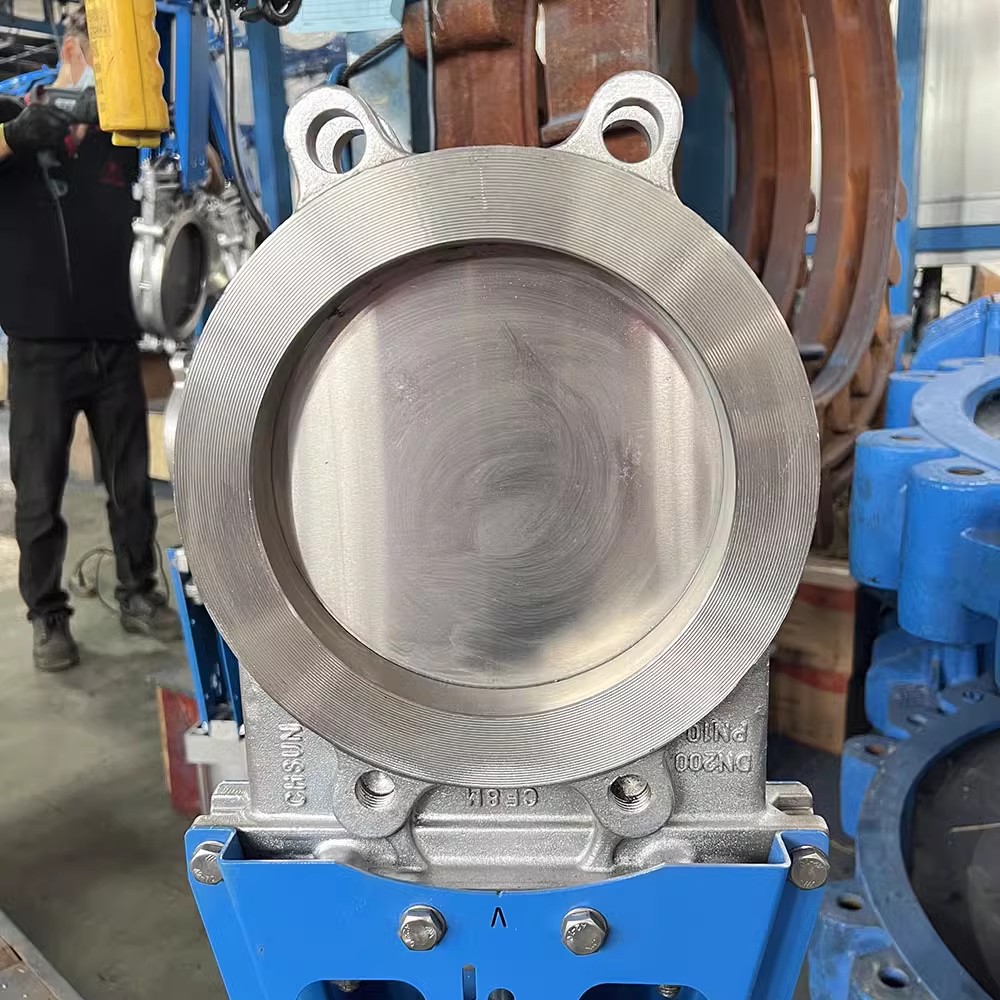
Understanding the Applications of Brass Knife Gate Valves for Fluid Control
Brass knife gate valves are increasingly recognized for their pivotal role in fluid control within various industrial sectors. These valves exhibit exceptional durability and resistance to corrosion, enabling them to perform reliably under severe conditions. Their design allows for efficient throttling and isolation of flow, making them ideal for applications involving slurries, sewage, and other challenging substances. The robust construction of brass knife gate valves accommodates both high-pressure environments and fluctuating temperatures, ensuring optimal functionality across diverse systems. Additionally, their ease of installation and maintenance is a significant advantage, allowing for seamless integration into existing piping networks. Industry operators often favor these valves for their capability to provide a secure closure when needed, thereby minimizing leaks and enhancing operational safety. Innovatively designed with precision-engineered features, brass knife gate valves facilitate smoother flow characteristics due to their streamlined profiles. The adaptability of these valves to various mounting configurations further enhances their appeal in fluid management applications. Such attributes underscore the importance of brass knife gate valves in achieving efficient control within both traditional and cutting-edge industrial settings.
Bray Knife Gate Valves: Features and Advantages in Industrial Settings
Bray knife gate valves are recognized for their reliability and efficiency in various industrial applications. Engineered with a streamlined design, these valves feature a blade that effectively cuts through the flowing medium, providing a tight seal when closed. The construction of Bray valves often includes high-quality materials, enhancing their durability and resistance to wear over time. This characteristic is crucial for operations involving abrasive or corrosive substances. Moreover, Bray knife gate valves support both manual and actuator-operated functionality, offering versatility that enhances operational efficiency. Their minimal design maximizes flow area, resulting in lower pressure drops during operation. In environments where space is limited, Bray valves excel due to their compact form factor. Regular maintenance can be performed effortlessly, minimizing downtime and maintaining productivity. Furthermore, the broad range of sizes and configurations available makes Bray knife gate valves suitable for various installation requirements across different industries. This adaptability not only aids in achieving optimal isolation but also contributes effectively to overall system performance.
The Role of Buried and Carbon Steel Knife Gate Valves in Efficient Isolation
Buried knife gate valves showcase an innovative approach to industrial applications, especially in environments where space is constrained and external exposure poses risks. These valves are designed to be installed underground, allowing for seamless integration into existing pipeline infrastructure. Their robust construction ensures that they withstand external pressures and environmental challenges, making them ideal for industries such as wastewater management and water treatment where underground pipelines are prevalent.
Carbon steel knife gate valves offer significant advantages due to their strength and durability. This material is particularly well-suited for high-pressure systems, ensuring reliable isolation with minimal leakage. The resilience of carbon steel is critical in industrial environments with fluctuating temperatures and pressures. These valves provide not only a secure closure mechanism but also facilitate efficient fluid control, reducing operational downtime during maintenance activities.
In applications requiring high flow rates or strict isolation under pressure, both buried knife gate valves and carbon steel variants deliver exceptional performance. Their design allows for rapid opening and closing, minimizing delays in operations. This efficiency in isolation contributes significantly to the overall safety and reliability of industrial systems, ensuring that fluids can be managed effectively without risk during critical processes. Understanding the unique characteristics of these valves aids engineers in making informed decisions tailored to specific operational needs.
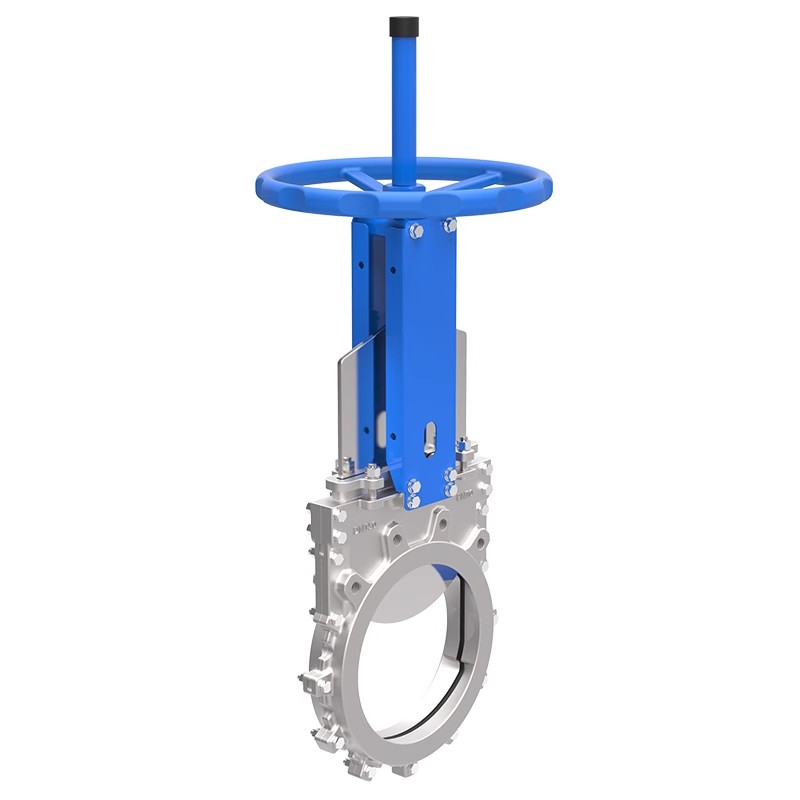
Conclusion
The effectiveness of knife gate valves in various industrial applications remains paramount, offering reliable isolation and control of fluid flow. The bonnetless knife gate valve stands out for its compact design, which not only reduces space requirements but also minimizes maintenance needs. Brass knife gate valves are essential for applications involving non-corrosive fluids, owing to their durability and resistance to wear. Bray knife gate valves offer advanced features such as tight sealing and minimal leakage rates, making them suitable for critical processes in the industry. Buried knife gate valves provide an excellent solution for underground installations where space limitations are a concern. Meanwhile, carbon steel knife gate valves deliver exceptional strength and temperature resistance, catering to demanding environments. These diverse options illustrate how the selection of the appropriate valve type is crucial in achieving efficiency and effectiveness in fluid isolation across various sectors.
FAQs
What is a bonnetless knife gate valve and when is it used?
A bonnetless knife gate valve features a design that eliminates the traditional bonnet, offering advantages such as reduced weight and compact dimensions. This type is commonly employed in applications where space constraints are critical while ensuring effective isolation and control.
What are the benefits of using a brass knife gate valve?
A brass knife gate valve offers excellent corrosion resistance and durability, making it suitable for handling various fluids, including water and oil. Its robust design ensures reliable performance in both high-pressure and low-pressure applications.
How do Bray knife gate valves differ from other types?
Bray knife gate valves are known for their innovative design featuring a unique sealing mechanism that enhances isolation capabilities. These valves provide superior performance in handling viscous fluids and are favored in industries requiring precision control.
In what scenarios would buried knife gate valves be preferred?
A buried knife gate valve is ideal for applications where valves need to be installed underground. This type supports efficient isolation while protecting components from environmental factors, making it suitable for utility systems or waterworks installations.
What materials are used in carbon steel knife gate valves?
Carbon steel knife gate valves are constructed from high-strength alloy steel. The robust material allows them to withstand harsh conditions, ensuring durability and reliability across various industrial environments.

